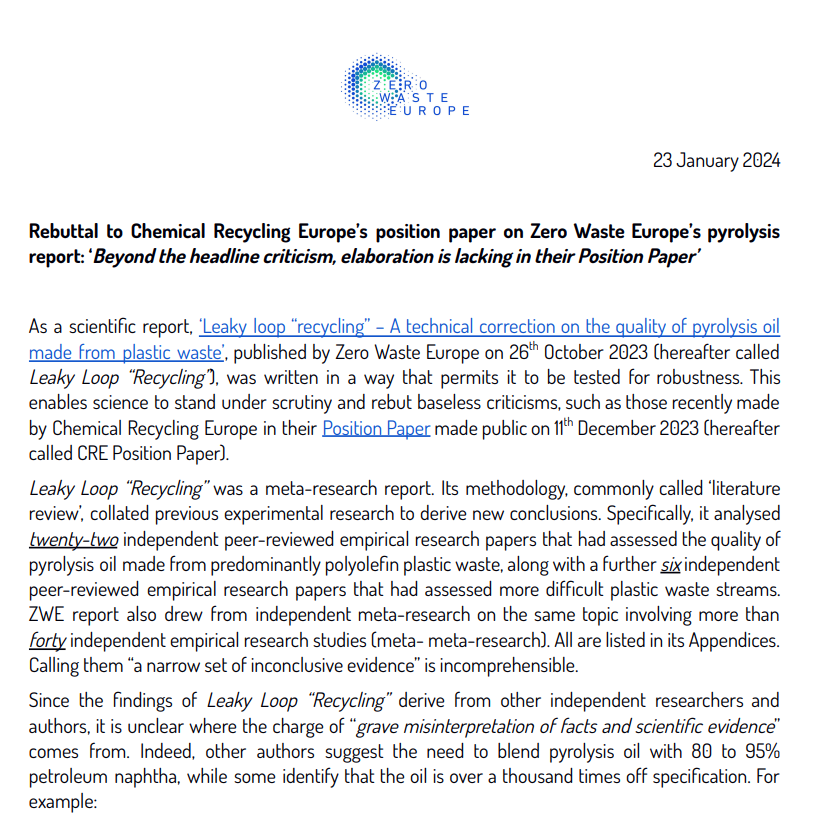
This statement serves as a detailed rebuttal to Chemical Recycling Europe’s (CRE) position paper on Zero Waste Europe’s ‘Leaky Loop “Recycling’ report. The report assesses the viability of pyrolysis, while critically analysing and consolidating findings from twenty-two independent peer-reviewed empirical research papers on the quality of pyrolysis oil derived from plastic waste. This rebuttal challenges CRE’s criticisms, accusing them of lacking robust evidence and providing only rhetorical content in their position paper. The author of ‘Leaky Loop “Recycling’ calls for more substantial evidence from CRE to support their claims and highlights inconsistencies in CRE’s references, particularly in the context of life cycle assessments (LCAs) and operational performance data of pyrolysis processes.
Available in English.
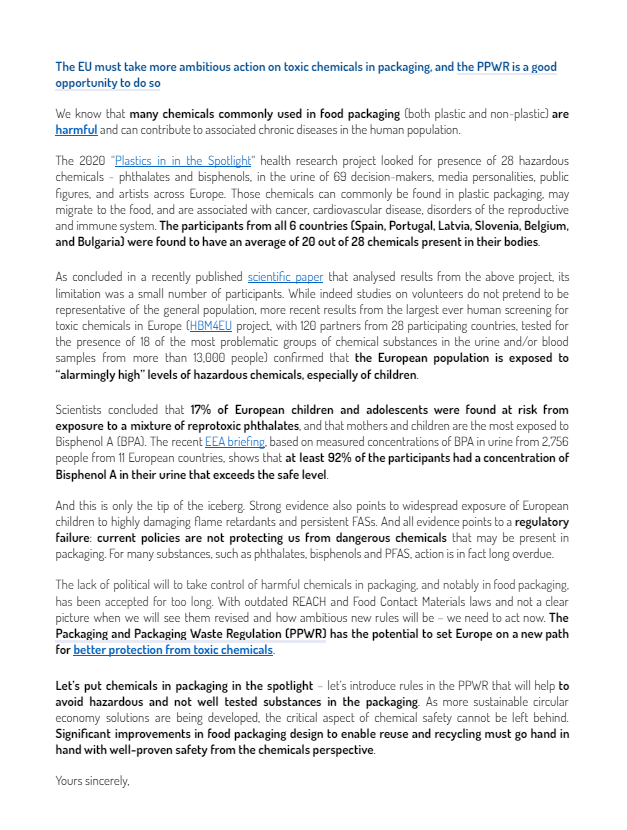
In this joint statement, civil society organisations voice their concerns about toxic chemicals in packaging. Recent studies reveal alarming health risks, especially for children, due to exposure to harmful substances. The Packaging and Packaging Waste Regulation (PPWR) offers a crucial opportunity for change. The statement urges the EU to enforce stringent rules within the PPWR, eliminating unsafe substances from packaging.
Available in English
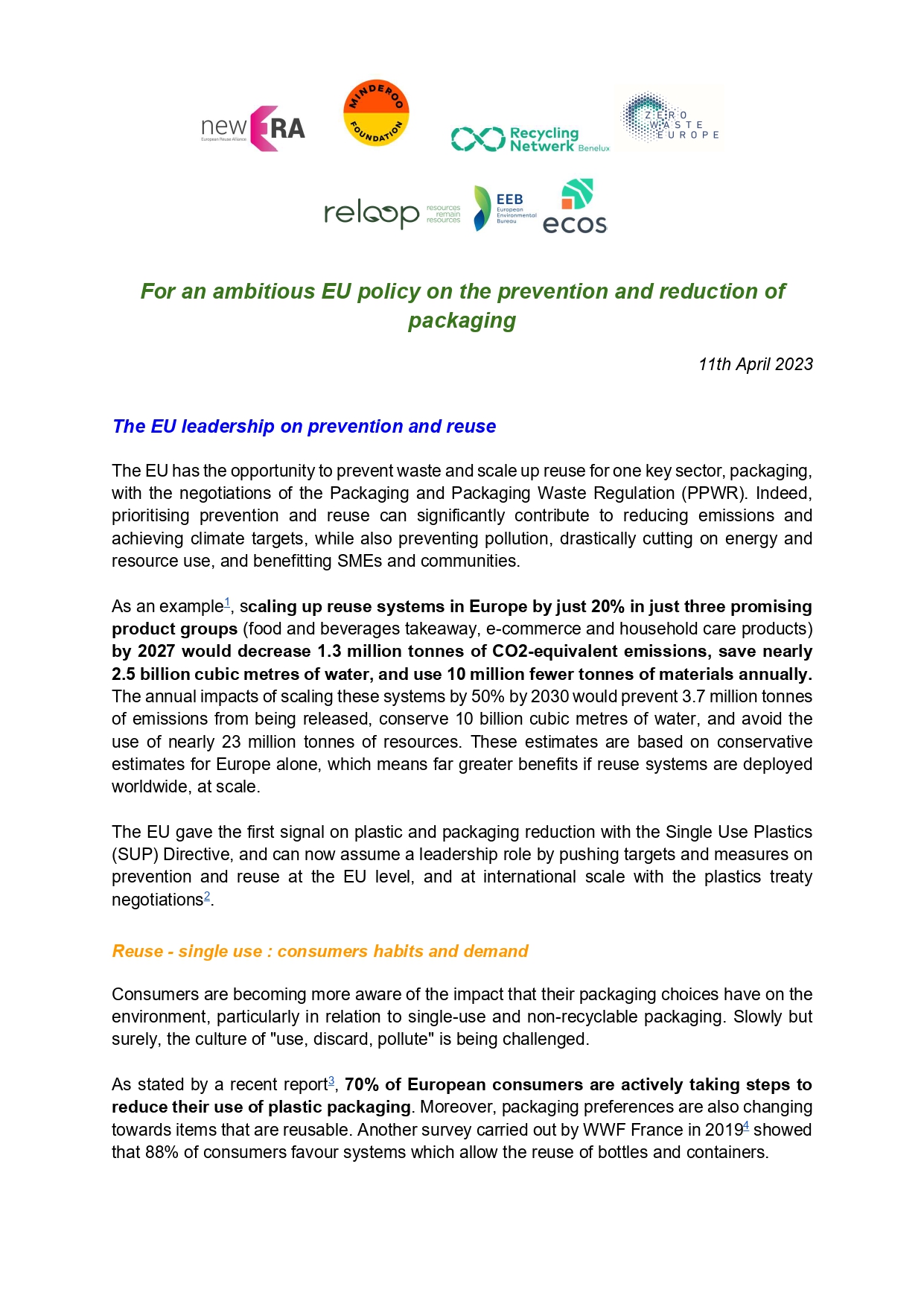
With the negotiations of the Packaging and Packaging Waste Regulation (PPWR), the EU has the opportunity to prevent waste and scale up reuse in this key sector. In this joint statement, NGOs and civil society provide key policy recommendations to achieve an ambitious regulatory framework on the prevention and reduction of packaging.
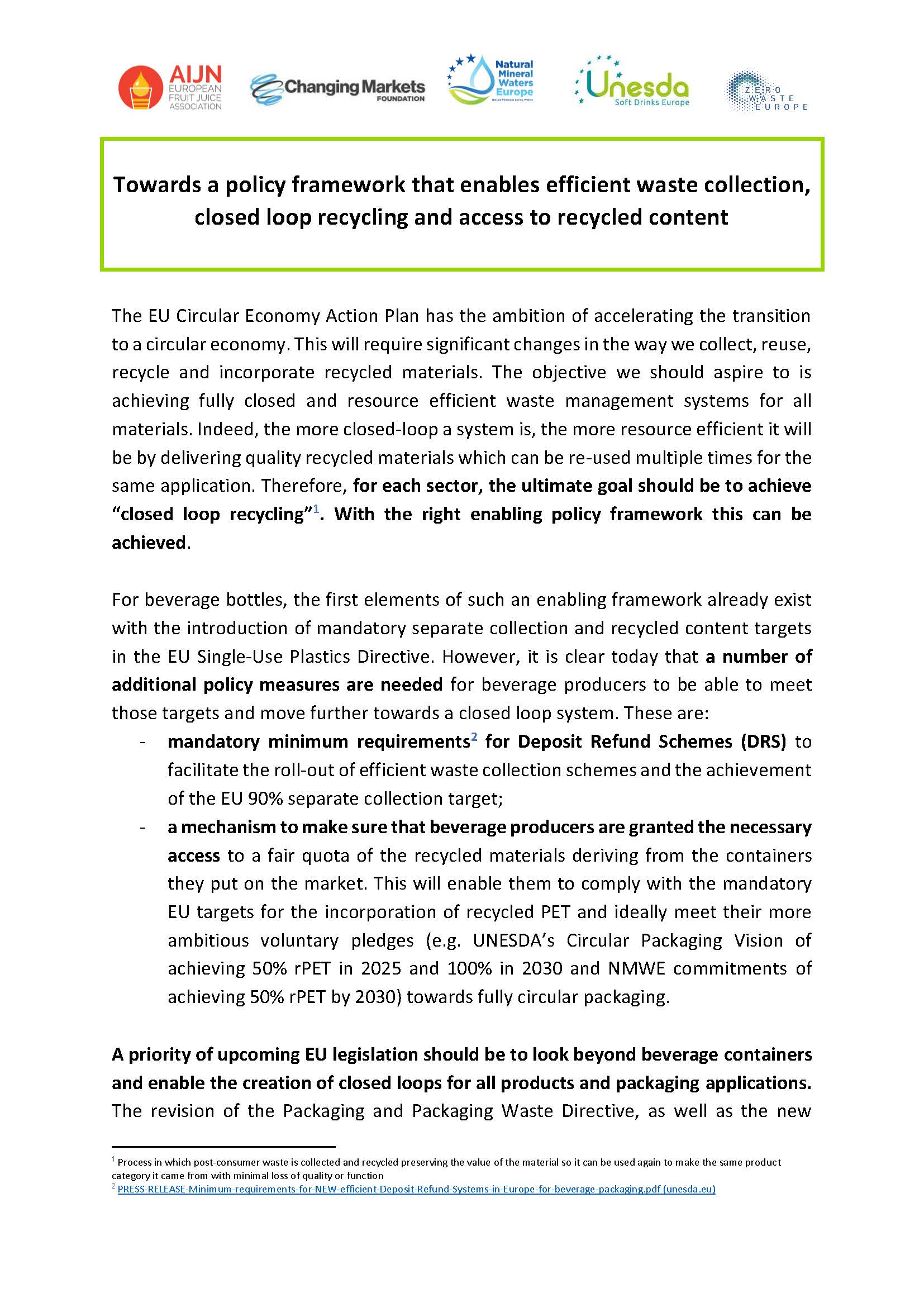
This joint statement between Zero Waste Europe, UNESDA, Natural Mineral Waters Europe, Changing Markets Foundation, and AIJN – European Fruit Juice Association calls on EU decision-makers to create the right enabling policy framework to help accelerate the transition to a circular economy in Europe.
Available in English.
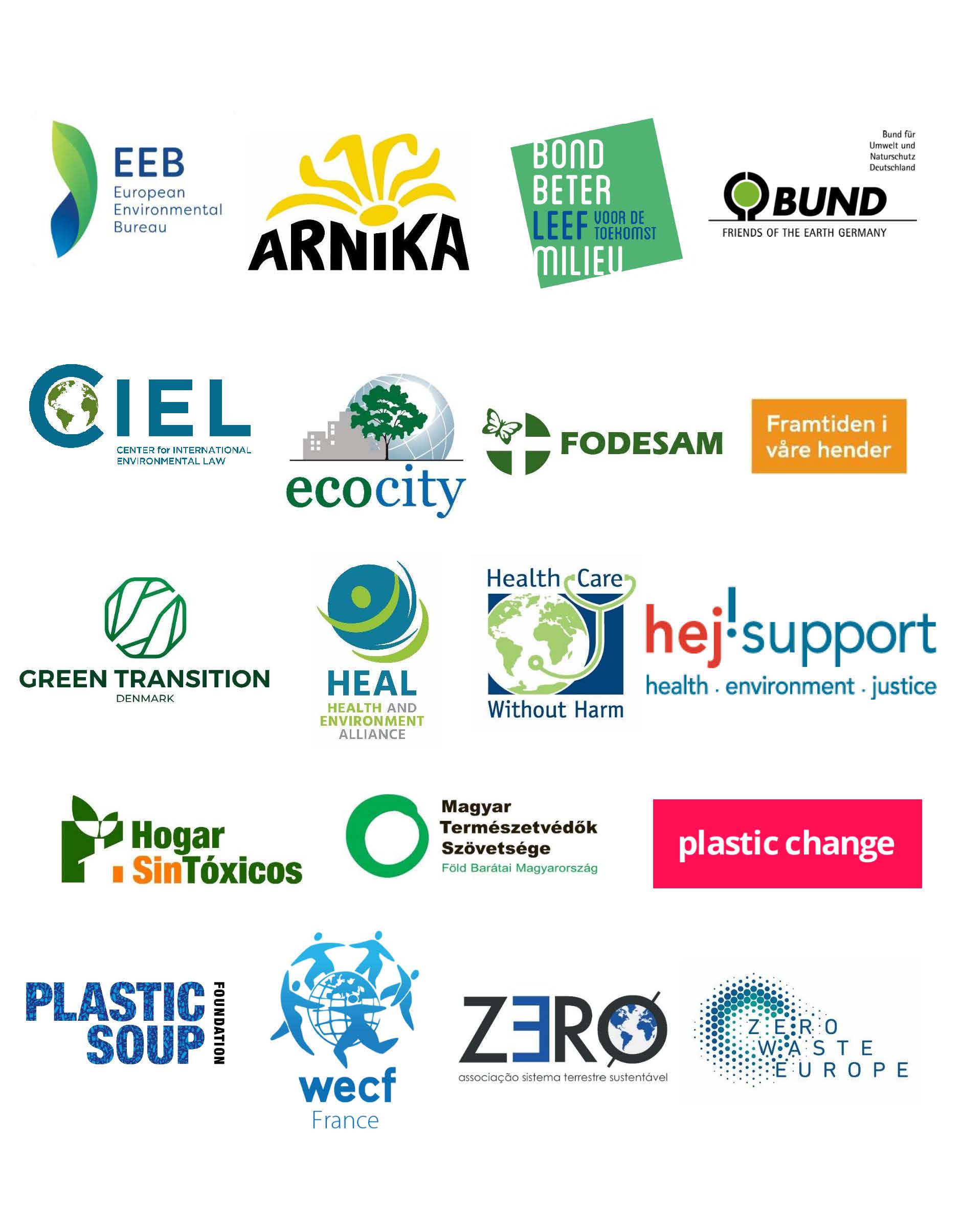
With this paper, the European Environmental Bureau (EEB), Zero Waste Europe, 17 other health and environmental NGOs provide a position on key priorities and recommendations in the context of the REACH revision. This revision must focus on accelerating, simplifying, and making regulatory processes for chemicals of concern less burdensome for the authorities.
Available in English.
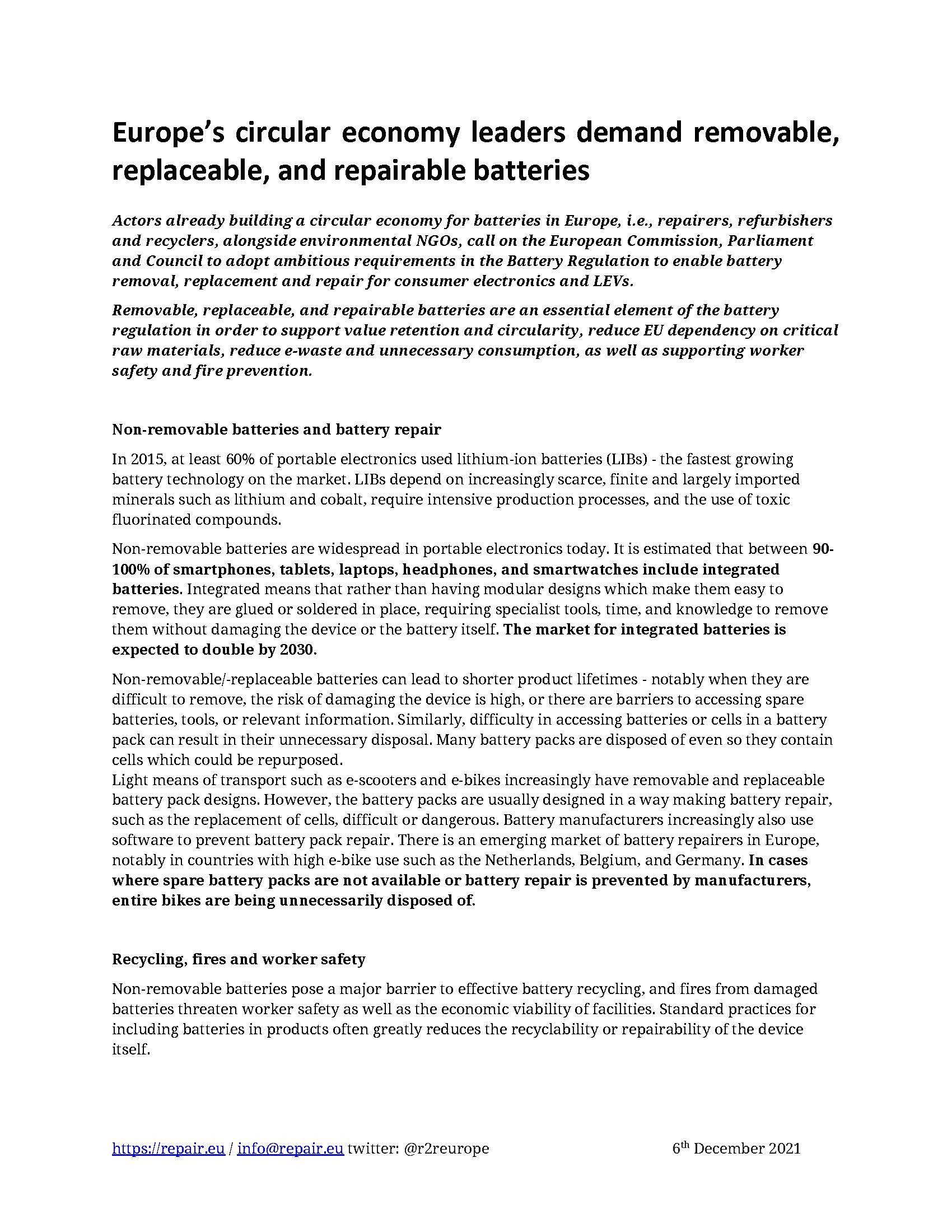
In a statement led by EEB, Zero Waste Europe and 21 other organisations call on the European Commission, Parliament and Council to adopt ambitious requirements in the Battery Regulation to enable battery removal, replacement and repair for consumer electronics and LEVs.
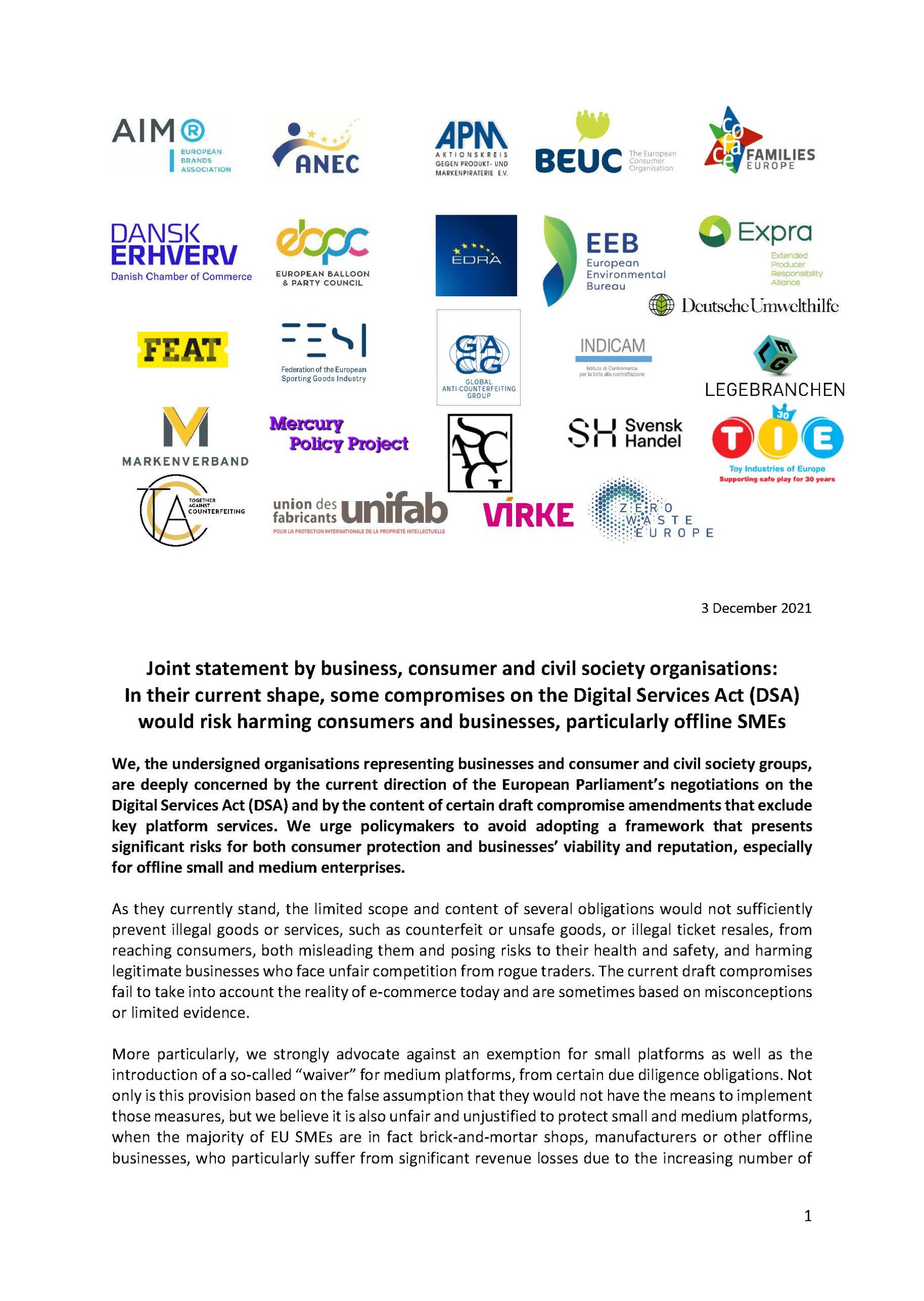
In a joint statement spearheaded by BEUC, ZWE and 23 other organisations representing businesses and consumer and civil society express their deep concern about the current direction of the European Parliament’s negotiations on the Digital Services Act (DSA) and by the content of certain draft compromise amendments that exclude key platform services. We urge policymakers to avoid adopting a framework that presents significant risks for both consumer protection and businesses’ viability and reputation, especially for offline small and medium enterprises.
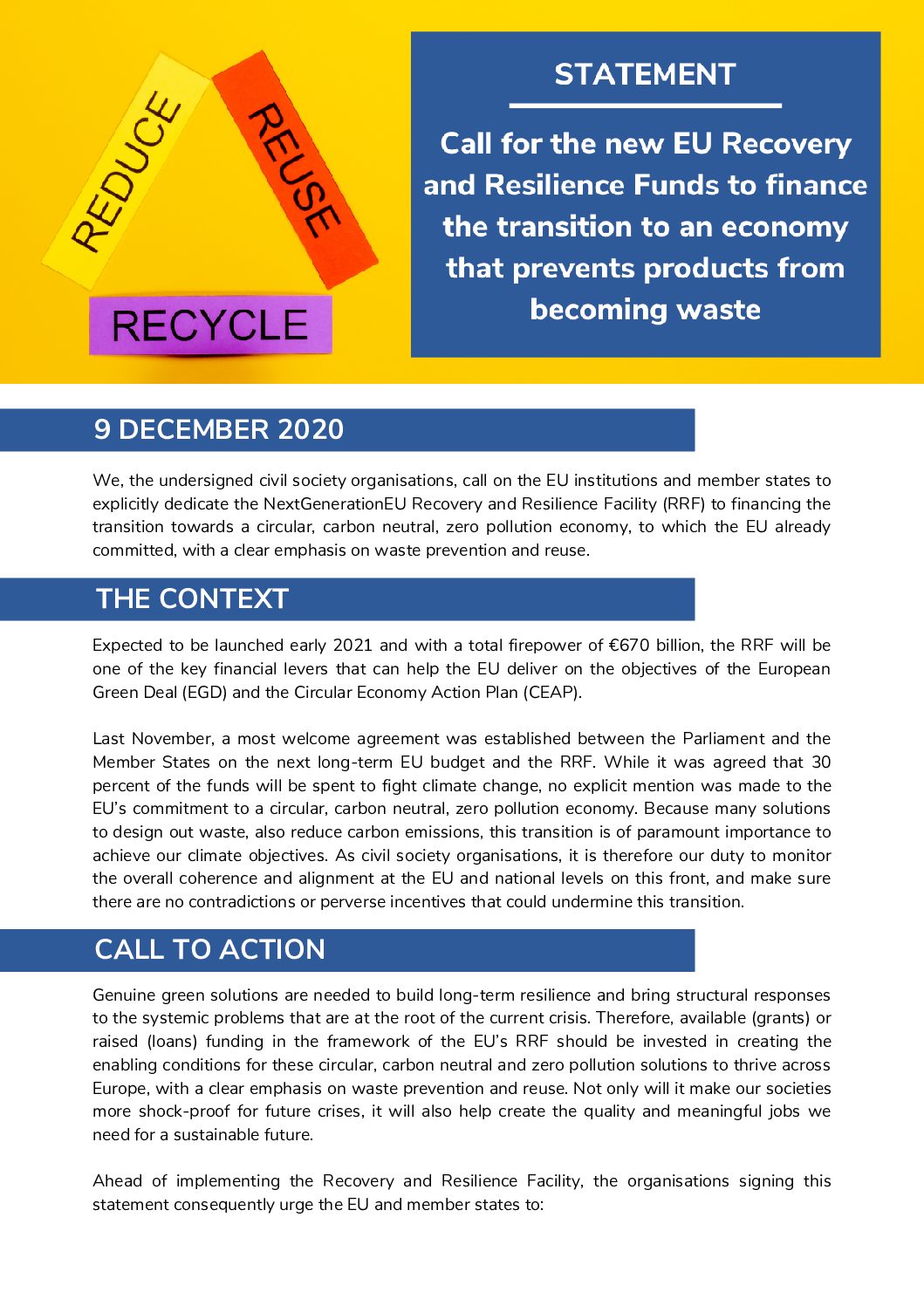
We, the undersigned civil society organisations, call on the EU institutions and member states to explicitly dedicate the NextGenerationEU Recovery and Resilience Facility (RRF) to financing the transition towards a circular, carbon neutral, zero pollution economy, to which the EU already committed, with a clear emphasis on waste prevention and reuse.
Available in English
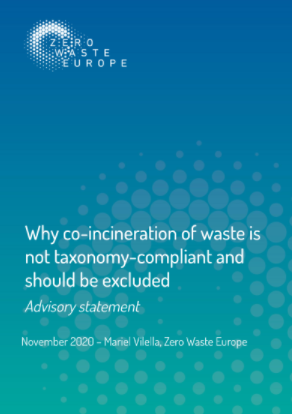
Zero Waste Europe calls for the exclusion of burning waste in cement plants in line with the Technical Expert Group (TEG) recommendation, as such practice proved to negatively impact public health and the environment due to the polluting nature of the associated emissions while undermining the circular economy.
Available in English
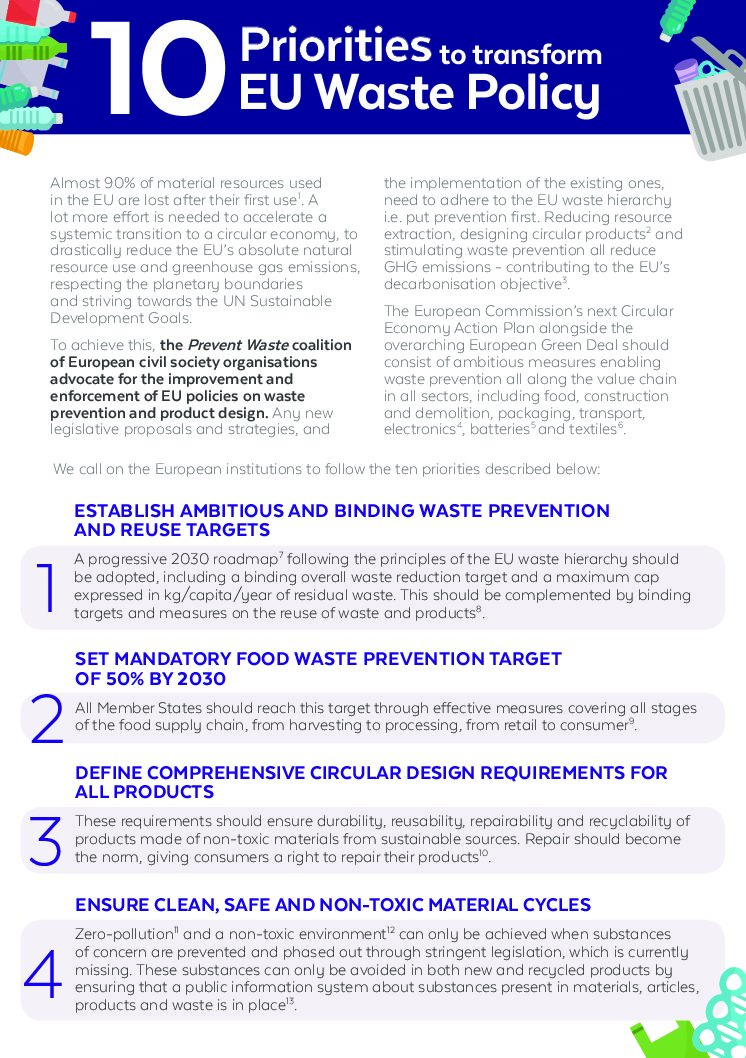
Almost 90% of material resources used in the EU are lost after their first use (1). A lot more effort is needed to accelerate a systemic transition to a circular economy, to drastically reduce the EU’s absolute natural resource use and greenhouse gas emissions, respecting the planetary boundaries and striving towards the UN Sustainable Development Goals.
To achieve this, the Prevent Waste coalition of European civil society organisations advocate for the improvement and enforcement of EU policies on waste prevention and product design.
Available in English









